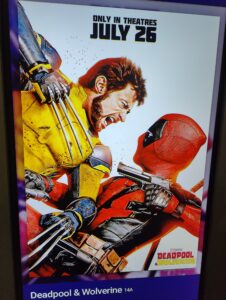Mentioned as an aside in an earlier post on The Lost Tower, Flow (2024, d. Gints Zilbalodis) is a delightful little film made entirely in Blender by a small team of creators from Latvia.

I caught it at our local theatre on the Sunday night of the Oscar’s, jumping at the opportunity to see something new rather than the endless parade of speeches, gowns, and jokes, all of which would be diced up into content sized chunks in the coming days. And it was the right call.
Flow is truly a delight.
It is a narrative entirely without (human) dialogue, though one that is not without communicative action (and I think this needs to be stressed and has mostly flown under the radar in online analysis), and it is thrilling and engrossing throughout it’s runtime, even when the focus is on naps in the sunshine. (Or perhaps especially when the focus is there).
So it’s through this lens that I want to take a deeper look.

Communicative action is a very human-focused view of communication developed by Jurgen Habermas (who we’ve talked about before at length in our podcast episode on the Public Sphere), where the ‘argument” (discussion) is how rational actors deliberate on what actions to take.
And when we start talking about “rationality” our anthropic bias makes us hesitant to see this in animals at all.
But as the ethologists would argue, this isn’t the case: the animals exist in their own lifeworld, and are making rational decisions based on the events and environment around them.
(And before we go too far off on a tangent, yes, that mention of lifeworld, in the Husserlian, phenomenological sense of the world was intentional).
This world, filled with life, reacting to the events around them, filled with inter- and intra-species communication, conveyed without any dialogue, solely through camera angle, sounds samples, and stunning visuals, provides a stunning panorama on which the story can be followed even by our own pets viewing the movie on a TV screen.
It’s a marvelous work.
And the vibe is good too. If you get a chance, check it out in the theatre, where the experience of total cinema can engulf you in the world. But if it’s not playing near you, check it out on whatever streaming service offers it.
And make sure your pets can join you in watching it too.
Highly recommended.

